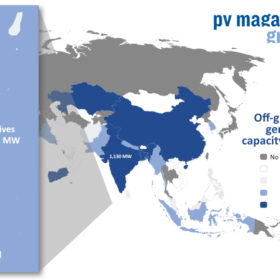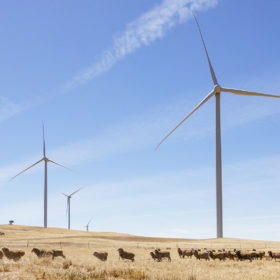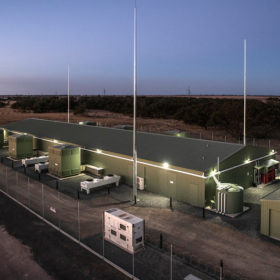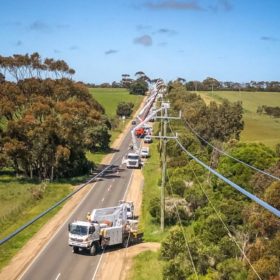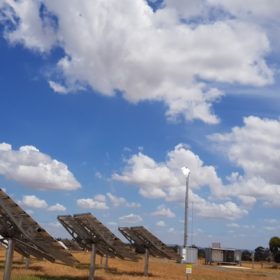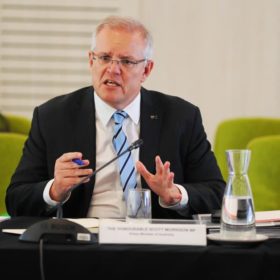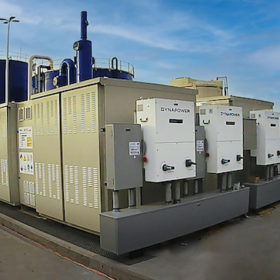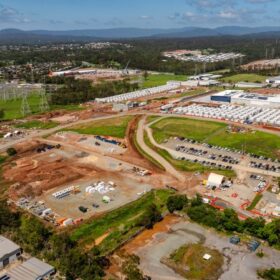Maldives to turn to solar for outer islands
The Indian Ocean island nation, which has been a prominent voice in the global calls to combat rising sea levels, will get technical assistance from the Asian Development Bank to draw up a tender for 20-30MW of photovoltaic generation capacity.
Reliance Industries to acquire sodium-ion battery provider Faradion
Reliance Industries said its solar unit will buy UK-based sodium-ion battery technology provider Faradion for GBP100 million (AUD$187 million) including debt, as the Indian conglomerate pushes forward with its ambitious plan to move into the renewable energy industry.
Neoen’s 204MW/34MWh Bulgana project points to co-located renewables future
French renewable developer IPP Neoen announced the completion of its Bulgana wind-plus-storage project in the Australian state of Victoria. Having now installed more than 650MW of large-scale solar, wind, and battery storage in the state, the developer has pointed to its “well balanced” renewable portfolio in Victoria including an additional 2GW of projects in the pipeline.
ARENA pours funding into advanced inverter capability batteries
The Australian Renewable Energy Agency has announced a $100 million competitive funding round for grid scale batteries. While battery technology agnostic, the projects must be equipped with advanced inverter technology.
Cash for Christmas – Spark Infrastructure sale finalised in $5.2b all-cash transaction
Following approval from the Foreign Investment Review Board in November, the long-awaited sale of grid-operator Spark Infrastructure to a North American consortium led by private equity giant Kohlberg Kravis Roberts has been completed via a $5.2 billion “all-cash transaction”.
Photon offloads solar farm to focus on ‘solar-hydro’ technology in Australia
Netherlands-based renewables developer Photon Energy has reaffirmed its commitment to Australian tech company RayGen Resources’ innovative ‘solar-hydro’ technology, offloading its majority stake in the 160 MWdc Maryvale Solar Farm so it can focus its future development activities in Australia on large-scale projects featuring the solar-plus-storage technology.
Australia prepares for first solar ‘upcycling’ facility while recycling operations expand
As Australia stares down a deluge of worn out solar panels, recycling – and indeed upcycling – programs are grinding into gear. In Victoria, a site has been found for Australia’s first facility to recover and reuse solar module materials, while Reclaim PV has extended its manufacturer partner and pickup location lists.
Marrying markets and physics – pushing the (dynamic) envelope of orchestration and VPPs
Virtual power plants have turned a corner in this country, SwitchDin founder, Andrew Mears tells pv magazine Australia. With the new technology now firmly established, we take a look at the new approaches to orchestration which will inform the next wave of distributed energy resources management.
$26 billion in ‘new energy economy’ projects proposed in Queensland, as feds pay bizarre homage to coal
The Queensland government has highlighted its state attracted as much as $26 billion worth of “new energy economy projects”, according to new national resources reports. The federal government, on the other hand, used the reports to pay tribute almost exclusively to coal, with resources minister Keith Pitt dubbing it a “star”.
Aussie flow battery company completes ‘milestone’ installation
Brisbane-based flow battery company Redflow has completed its single biggest installation to date, a 2 MWh storage system in California for biowaste technology firm Anaergia.
